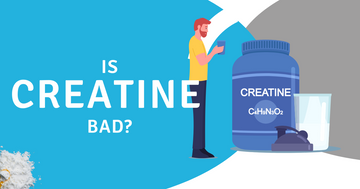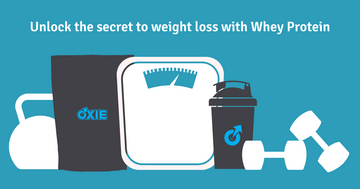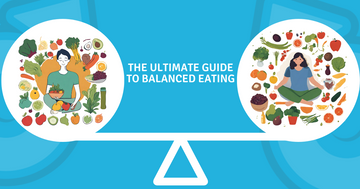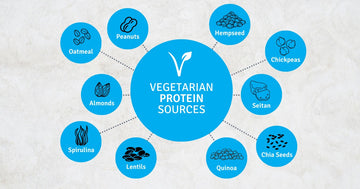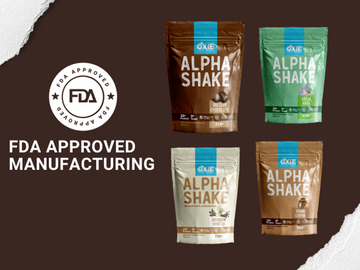Creatine, fun fact is the Greek word for meat: κρέας (kreas). If you have clicked on this topic, you probably know what Creatine is and how people who weight train use it all the time. Now it does sound a bit scientific and its chemical name will also make you feel the same: 2-[Carbamimidoyl(methyl)amino]acetic acid for all you sciencey peeps! But it is the most widely researched and used form of supplements around the world, so you have nothing to get worried about.

Creatine developed a bit of a bad reputation due to some people stating it’s an anabolic steroid and should exclusively be consumed by professional athletes and bodybuilders only. It’s not true.
So Creatine is naturally produced in small quantities in our liver and kidneys. It’s not an essential nutrient. What it does is help in making a substance called Adenosine Triphosphate (ATP) in your body which is responsible for providing energy to your muscle cells. It provides 8-10 seconds of high sustained energy before getting depleted during high-intensity activities.
An average human body produces 1g of Creatine daily. Professional athletes and people who perform high-intensity workouts require about 140g to 160g of Creatine regularly. Hence the need for foods and supplements with Creatine.
Creatine increases the efficiency and performance of your workouts. And due to its effectiveness, it is the most widely used supplement by athletes and weight lifters alike. It’s so famous that it actually produces approximately Rs. 2800 crores in sales yearly!
Best natural foods which provide Creatine are mostly catered to the non-vegetarian segment with red meat (goat, sheep and pork) leading the way and followed by fatty fish such as Tuna and Salmon.
Now that does not mean that vegetarians will have no sources of Creatine, milk and cheese will help them with their needs also albeit in small quantities. Vegetarian whole foods have no creatine in them.
Now coming to supplements, creatine is available in the market in the form of Creatine Monohydrate (the most commonly used) and Creatine Hydrochloride (HCL). If you want to know which one is for you, check out this article.
Is it’s bad for you? No, it certainly is not. You can easily consume 10 grams of creatine every day for 4 years without doing any physical activity and it will not cause any detrimental health effects.
Yes, there are some side effects as with all supplements as your body takes a while to get used to it. It alters your body’s stored water content, driving additional water into your muscle cells to improve the workouts so it is recommended to stay hydrated and avoid intense exercises in the heat when you are beginning with Creatine.
So having 1 gallon of water a day is enough to keep you hydrated if you are consuming creatine and working out, but even if you don’t do either, you should still be having at least half a gallon of water or more daily just to be healthy and hydrated in general.
Except for that, minor tummy issues might be there, the same as protein depending on body to body and your diet and workout schedules. Don’t fret about that it happens to everyone!
And as always, the most important thing is buying the right products from authorised vendors and sellers. If you are buying creatine online, make sure to buy it from verified platforms so as not to get duped into buying the wrong product that might harm you.
So go ahead and add Creatine to your diet and it certainly will help you on your way to becoming an athlete!

